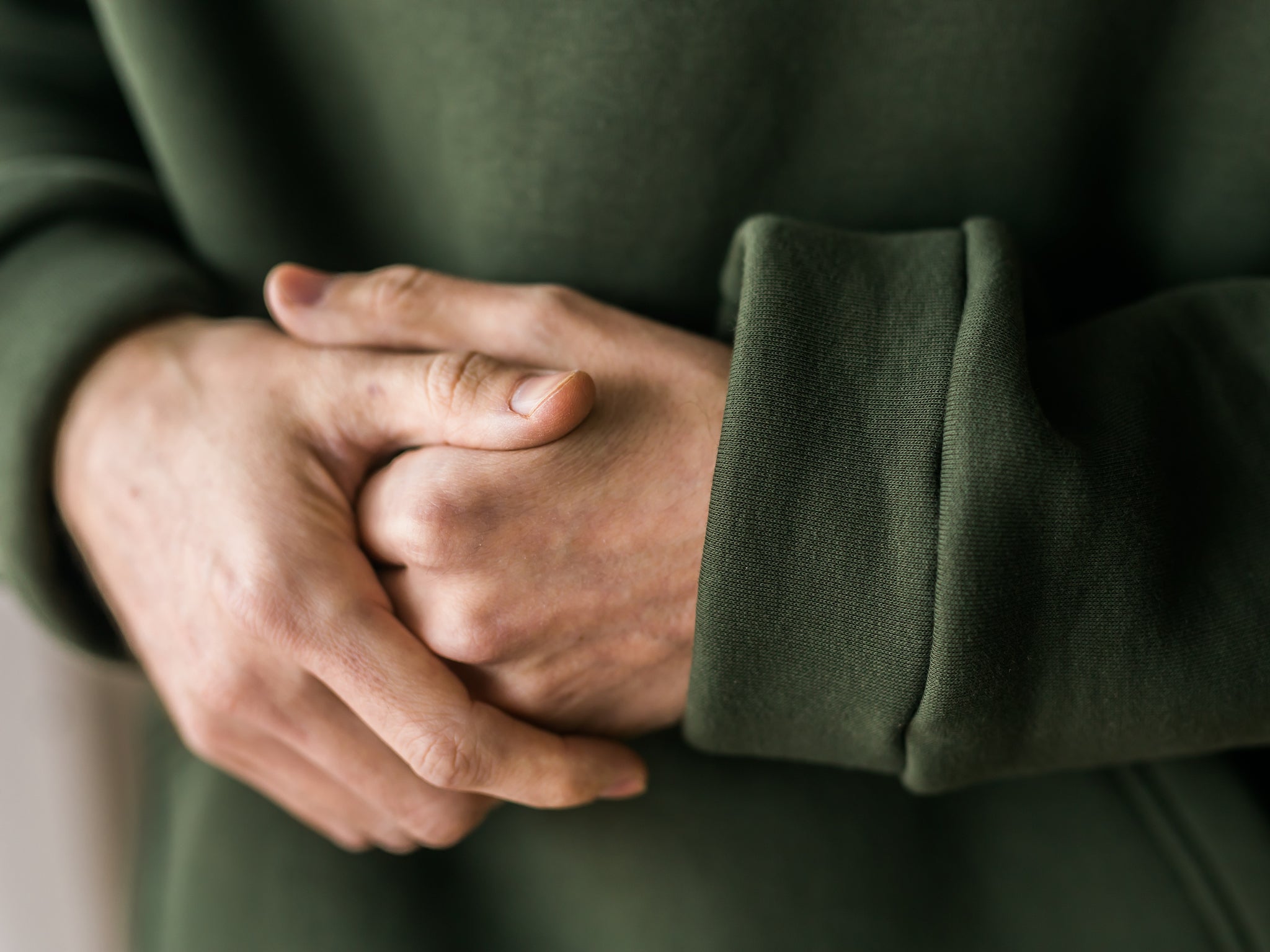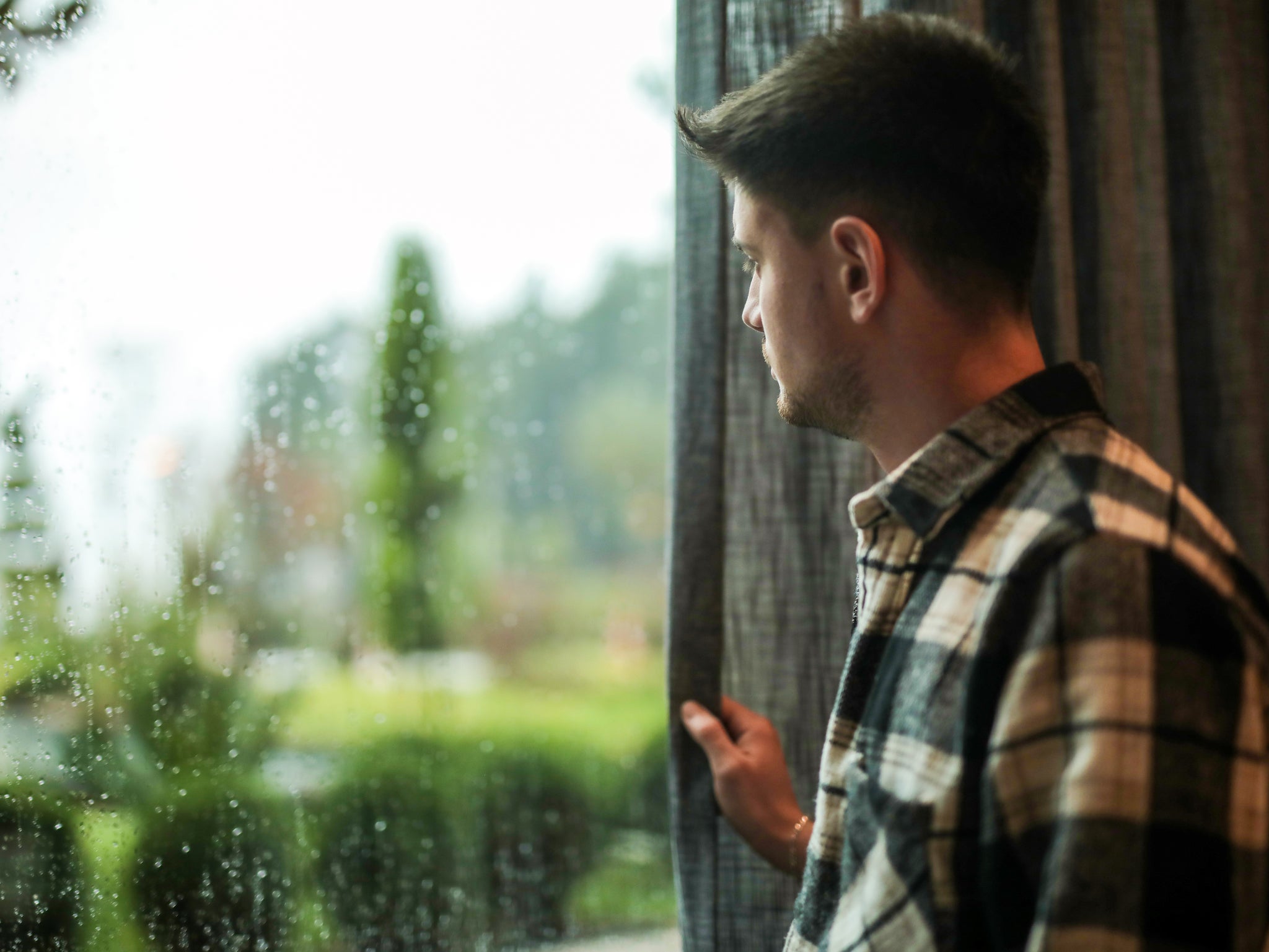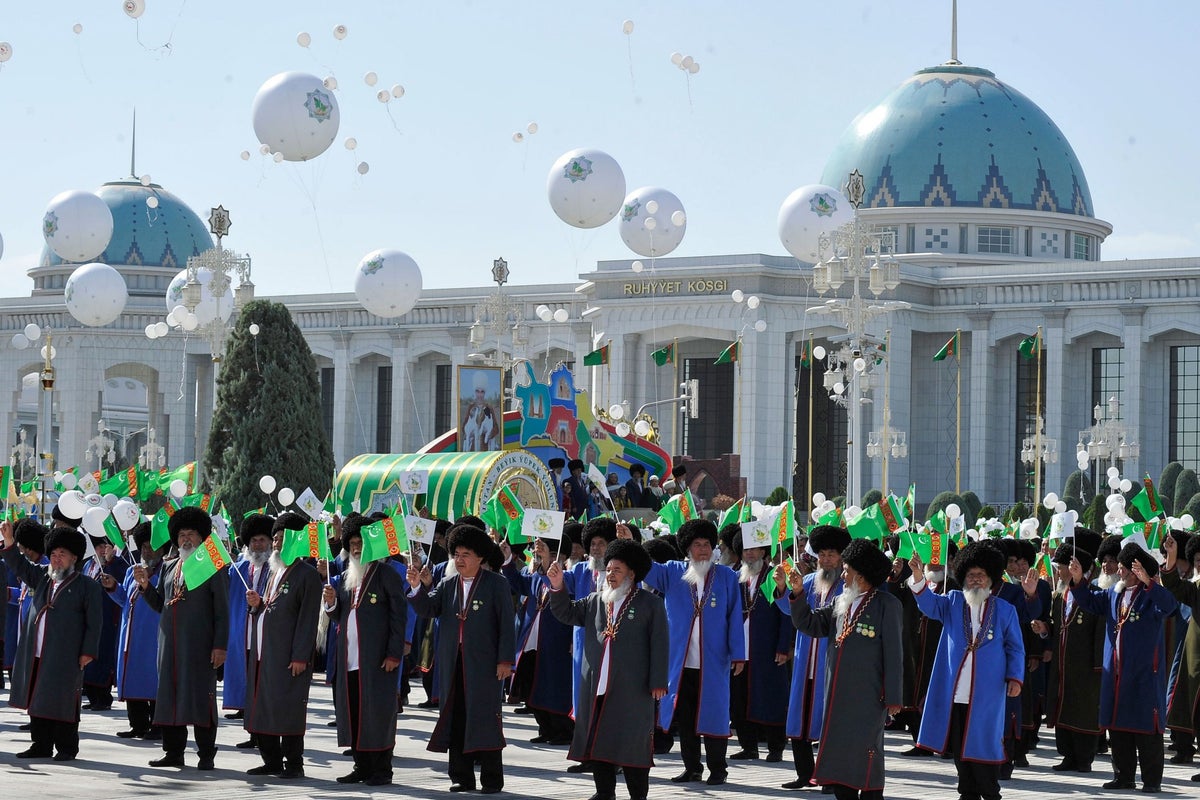As a society we’re busier and more overwhelmed than ever. According to Mental Health UK’s 2025 burnout report, 91 per cent of adults have experienced high levels of stress in the last year.
Seemingly less of a priority though, is asking ourselves why we continue to pile unsustainable pressure on the way we live our daily lives. Particularly when the outcomes are generally more detrimental to our physical and mental health than positive.
It was a question I was forced to ask myself, after years of negative behavioural patterns affected my own ability to make any real dent in the game of life.
The answer eventually led me to essentialism – a guiding set of “less is more” type principles that have had a profoundly positive impact on the way I choose to live.
What is Essentialism?
The roots of essentialism can be traced back to Ancient Greece. It was however, a far more recent version of the philosophy that gripped my attention.
Originally published in 2014, with an updated planner edition released last November, Greg McKeown’s book Essentialism: The Disciplined Pursuit of Less encourages us to minimise the external noise in life and focus on what truly matters by following three core principles.
- Explore: identify what is most important to you, aligning with your goals and values.
- Eliminate: cut out distractions and say “no” to tasks that don’t align with your priorities.
- Execute: focus your efforts on the vital few tasks, making them easier to achieve by creating systems and routines.
McKeown’s modernised concept of essentialism grew out of his Stanford University course – Designing Life, Essentially. Today, he teaches business leaders around the world the principles of living with less. I discovered his books and online content after a therapist recommended them to me – more on that later.
Similarly to following the tenets of minimalism, living the life of an essentialist is fixed around the simple and disciplined pursuit of less. It’s an informed choice that has greatly enhanced the quality of my own life – a life that was entirely structureless and undisciplined when I first discovered essentialism.

In my early thirties, the battle between my true inner self and the reality of the life I was living had hit a resounding stalemate. From flip-flopping between jobs with no real career path, to extended periods of unemployment, I moved back and forth from pokey, overpriced London flat shares to the spare bedroom (or sofa) of my old man’s council flat more times than I care to remember.
Then of course there was the regular “recreational” drug use, followed by the post-weekend comedown to put any thoughts of self-starting on the back burner.
It hadn’t always been like that. As a once bright-eyed teenager obsessed with music and writing, the pursuit of a wholesome, creative life was my only goal. In many ways, I’d already nailed how to live a meaningful existence by the ripe old age of sixteen. Fellow minimalists and essentialists would have been proud.
Read more: The best mindfulness apps to help you keep calm in a crisis
But when my first proper relationship, and my band of five years broke up the same week I graduated my English degree, I vividly remember feeling heartbroken. And that being skint and ancient at twenty three meant I had better bite the bullet and get a proper job. Any kind of job.
Looking back now, it’s clear this was a traumatic period for me and thus a pivotal moment in the trajectory of the next chapter of my life. The problem was I’d yet to develop the mental tools to deal with such matters. So, rather than earn a living and then write or play music in the evenings like millions do around the world, I cut the cord completely on my creative self – or as McKeown would describe it, my “essential intent”.
In its place, I went out drinking four nights a week, and remained skint at the end of each month. Sure, it was my twenties and it wasn’t all doom and gloom. Sandwiched between the financial uncertainty and growing dread about the future, were some genuinely great times and life-affirming experiences.
But underneath it all, I was moving further away from the person I really was. To compensate for this, I’d keep myself busy doing all sorts of different jobs and extra-curricular activities – most of which I never had any great interest in and so remained uncommitted.
Why we overwhelm and distract ourselves
Mindfulness expert and Associate Fellow at the University of Oxford Megan Reitz, explains that, “the constant pursuit of doing and getting things done, without the guidance of spacious attention, leads to a lack of insight into what we should be doing in the first place.”
Reitz’s concept of “spaciousness” goes some way to explain why we overcompensate and overload ourselves and why by McKeown’s simple rules and stripped back approach, I was able to feel lighter, more focussed and more like my true self.
“The risk is that we end up being ‘busy fools’ because our brain’s default network – the narrative network – goes into overdrive, focusing narrowly on threats, control, and prediction.” says Reitz.
“The ‘doing’ mode isn’t wrong – we wouldn’t survive without it. The problem arises when we solely rely on it. This leaves us unable to access the ‘spacious’ mode, which is where we gain insights and possibilities.”
Read more: Could hypnotherapy cure my anxiety? I tried it to find out
The gold medal winner of my own type of “keep busy” behaviour was the three or four years I half-dedicated to stand-up comedy. Looking back, this was clearly me trying to access some kind of middle ground between pushing myself to do something creative, while still not having the courage to get back to my true passion of writing and making music.
It all came to a head at the Edinburgh Festival in 2017. After clearing out an entire room of people four nights in a row in the profusely hot basement of an Edinburgh nightclub – I woke up the next morning to discover I’d also lost my wallet. Whatever rock bottom is, I’d hit my version of it.
Driving back down the A1 at the end of that August, somewhere underneath the desire to crawl into a hole and never come out again surfaced that golden nugget of clarity I’d previously been unwilling to face head on. My life’s stagnation was entirely self-inflicted and I therefore had the wherewithal to change it. My journey to a more simplified life had begun.

The 90/10 rule
On my return to London I sought the expertise of a therapist. They initially proposed I may have ADHD, which didn’t seem out of the question. But as we talked more about my backstory and went deeper, I also mentioned I possessed lots of physical “stuff”, none of which bore any real meaning to me. As we finished the session, the therapist recommended McKeown’s book.
Applying McKeown’s 90/10 rule immediately helped me separate what was absolutely necessary from what was not in order to move towards living a more meaningful life.
The 90/10 rule is a decision-making framework whereby you evaluate and then score any decision (or item) according to its importance to you at that time. Anything that falls below 90 per cent can be deemed not important enough to hold onto.
Needless to say, most of my physical possessions were abruptly binned or sold. I also said goodbye to the not-so-successful comedy career – I think comedy was as relieved as I was.
Simplicity expert Chris Lovett explains that, “there’s a natural transitionary period when decluttering. Then when you finally let go of your possessions, within 24 hours you tend to forget you even had them.”
It’s one thing getting rid of stuff. It’s quite another to get serious about what you really want in life, and how you’re going to go about achieving it.
Read more: Four breathing exercises you should be doing every day, according to an expert
But it was in this area where my newfound essentialist mindset really delivered. In removing much of the external noise that previously surrounded me, including taking myself off social media for over four years, I was able to approach important decisions with far more clarity.
Within two months of applying the 90/10 rule to my client work, I was contracted to work on a large project for a healthcare company dedicated to saving and improving people’s lives everyday. I also started to write individual pieces for consultants.
I was earning and saving considerably more money than I’d thought possible just a few months before and in less than 18 months I’d managed to pay off credit card debt and save enough to buy my first property, all while renting on my own in London.
“Many people I coach have never said no to work before,” explains Lovett. “They fear questioning authority because they’ve been conditioned not to. But when they experiment, like declining unnecessary meetings to focus purely on high-impact work, they soon realise nothing bad happens. In fact, their work improves and they see the benefits of genuinely working smarter, not harder.”
Returning to my essential intent
From an essentialist standpoint, McKeown describes how being clear on your essential intent provides you with clarity and focus on attaining what you want while remaining true to yourself. Conversely, this clarity also helps you eliminate what isn’t essential.
Finally feeling more stable, I began paying closer attention to matters of the heart. Living in London, like most singletons I’d embraced online dating up to a point. I’d been clear for some time that once I’d gotten back on two feet professionally and financially, I wanted my next romantic relationship to be for the long-term and completely free of chaos. Five years on and I’ve never felt more content. My girlfriend is my best friend and I’m grateful for every day we spend with one another.
The same is true for how focusing on my essential intent spurred my return to a more creative life. I’d come to realise that I’d always attached a level of monetary or outcome anxiety to my creative endeavours. That anxiety had adversely affected my ability to just enjoy the process.
It was ironic that during the external madness of the Covid lockdowns, with the encouragement of my girlfriend, I started to think about recording music again. This time I felt no burden of expectation – I simply wanted to record songs and create an album I could be proud of. I’ve since played festivals and shows around the UK.
I’m not sure that I can thank essentialism, or minimalism, for every positive turn my life has taken over the last few years. I’d imagine simply growing up and making more mature decisions has equally played its part.
But one thing is undeniable. “The disciplined pursuit of less” is a design for life that works for many and it’s worked for me. In a world where the external noise gets louder by the day, I’m grateful to essentialism for helping me turn down the volume and focus on what really matters.
Read more: Generation Anxious: Why ordinary ups and downs are turning the young into ‘can’t cope’ workers


